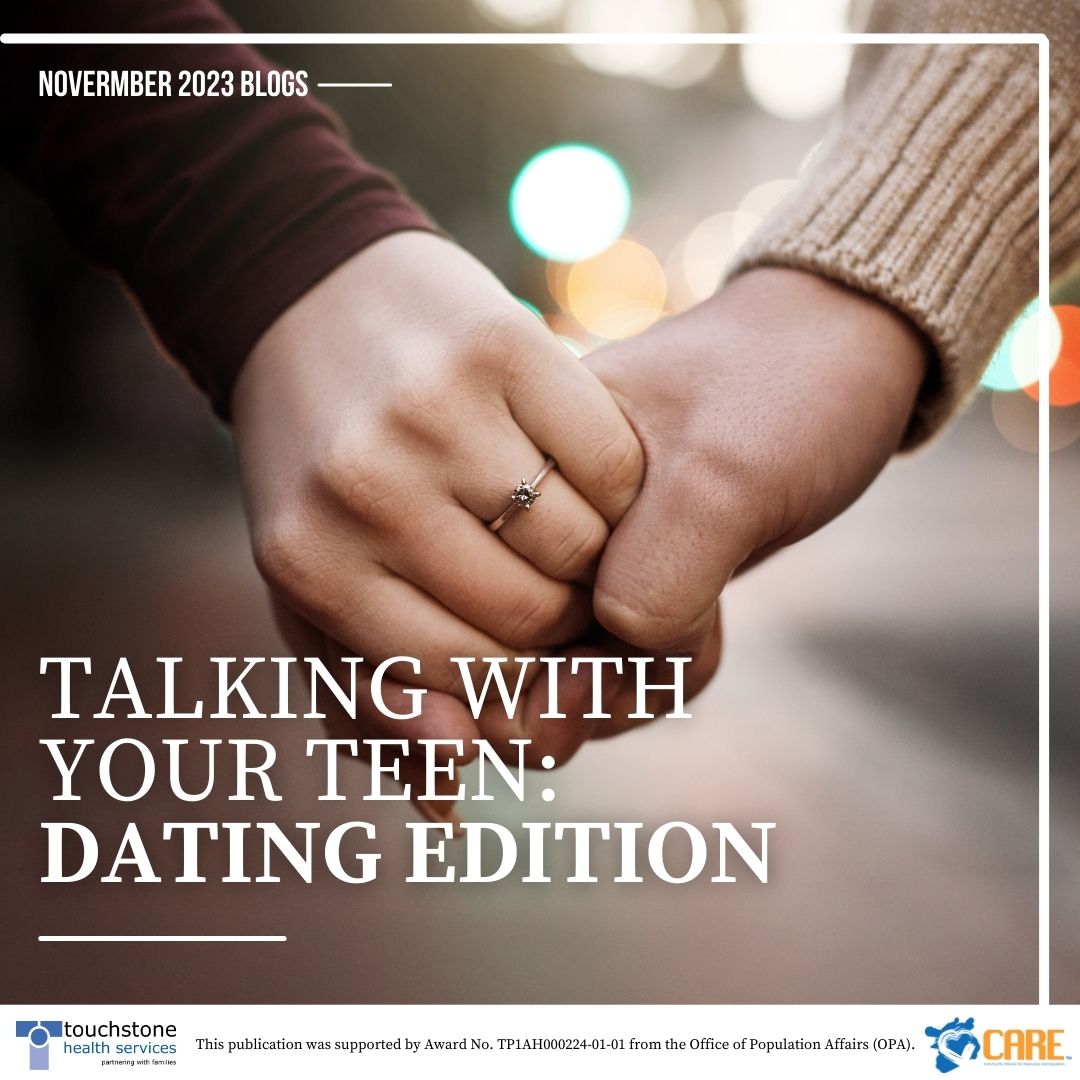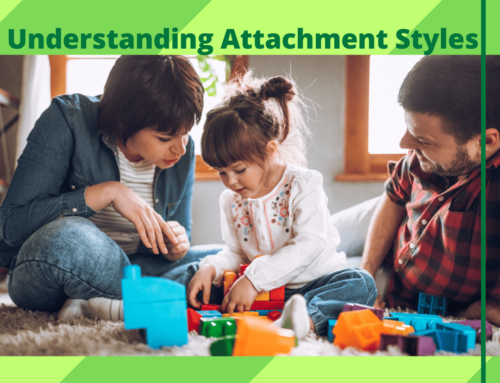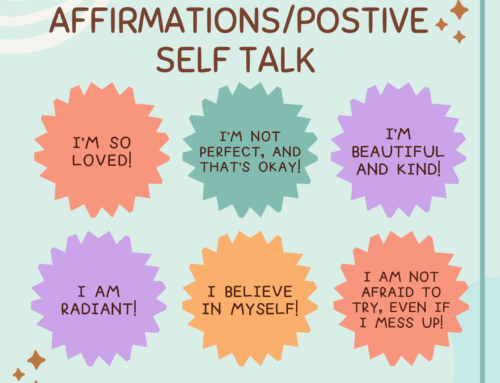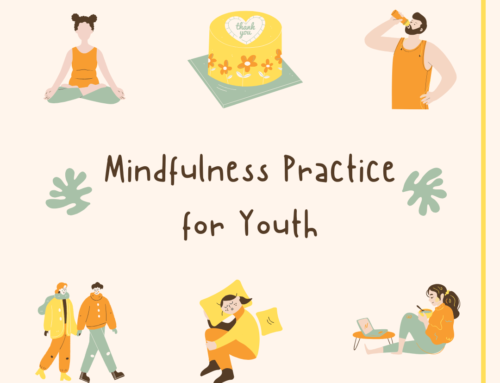Talking with Your Teen: Dating Edition
Greeting readers!
Have you ever wished that life could come with a rule book or at least some sign of the correct way to navigate tricky situations? Perhaps that would simplify life in some scenarios, like how to talk to youth about dating! But the beauty of being human is that we are all different, we all value different things, and we all have our own paths to pave. This includes our youth, who we, as caregivers, play a role in shaping how they view relationships and dating and how they decide what is right for them. While in this blog, we can’t offer a rule book or a 100% perfect method, we can offer some guidance when it comes to talking to your youth about dating. Before we dive in, let’s take a pause for affirmations:
I am the best mom/dad/caregiver for my child.
My youth and I are both learning as we go, and that is perfectly alright.
Parenting has ups and downs, and I can handle all of it.
Hopefully, you believe every word of those affirmations because we do! Alright, let’s dive in: talking to your youth about dating.
Where to start?… A good place to start is by reflecting on your OWN values, beliefs, and experiences when it comes to dating. Here are some guiding prompts/questions:
Dating to me means…
My experiences with dating have been…
Qualities I think are important in a safe and healthy relationship are…
What do I want for my youth when it comes to dating?
What boundaries do I want to set for my youth if/when they decide they are ready to date?
The next step is picking the time and the place to start a conversation. The trick here is to not worry about perfection, there may never be what feels like an absolutely perfect time or place to talk; any time is better than never. When picking a time/place, consider the following:
Have I taken care of my own needs? Do I feel emotionally and physically ready for these conversations?
Do I want to talk one-on-one with my youth or have another support person there?
Do I feel more comfortable in a private space (like at home or in the car), or in a public space (like a mall or a coffee shop)?
Third, choose a comfortable opening statement. There’s no right or wrong way to open the conversation, but here are some examples that may help:
“What does dating mean to you?”, “What do your friends think about dating?”, “Has anyone in your grade started dating?”, “What do you think about ___(dating, relationships, kissing, etc)___?”, “What are your opinions on letting a partner go through your text messages?”, “I see that you are talking to ___, how do you feel about them?”
“I love when my dating partner listens to me and respects me.”, “I do not think it is right for a partner to tell their partner who they can or cannot be friends with.”, “Dating today looks different from what dating meant when I was a teenager.”, “Those two look like they are on a date. (Followed by a dating question).”
“The couple in the movie that we just watched were very affectionate. How do you feel about public affection?”, “The lyrics to this song say _____. Do you think the kids at school feel that way about relationships?” “I saw this post on social media about how October is National Domestic Violence Awareness month. Do you know what domestic violence is?”
That’s it, the key is STARTING the conversation. HAVE the conversation. Here are some other tips to keep in mind:
It’s okay not to know EVERYTHING about dating. We’re all still learning. If you don’t know how to answer your youth’s question, or they bring up a topic that you are not familiar with, here’s what you can do:
- Thank them for asking their question. Let them know that you want to do a little investigating for the answer and that you can get back to them later.
- Consider sitting down with your youth and searching for the answer together! (When in doubt, Google may help! Try to aim for the resources and URLs that end in .gov, .edu, or .org)
Try your best to come to the conversation with positive intent – meaning thinking positively about what your youth is saying. They are also newly learning and navigating relationships and dating.
If your youth is not opening up to you right away, remind them that you are there and available to talk when they are ready. We all feel comfortable on our own times, and being forced into a conversation they are not ready for may create a conversation barrier.
Here’s how YOU can be a Prevention Partner:
Utilize the tips from above to start a conversation with your youth about healthy and safe dating.
Participate in October’s National Domestic Violence Awareness by helping to spread the word about ending domestic violence. Visit https://www.thehotline.org/resources/prepare-for-dvam-2023/ for six ways to participate.
Be a positive role model in your community. Whether you are in a relationship or not, treating everyone with kindness and treating them how you would want to be treated models positive and healthy relationship behaviors.
Continue learning! Check out our other blogs, including Teen Dating Violence Prevention and Domestic Violence: Healthy, Unhealthy, or Abusive?






